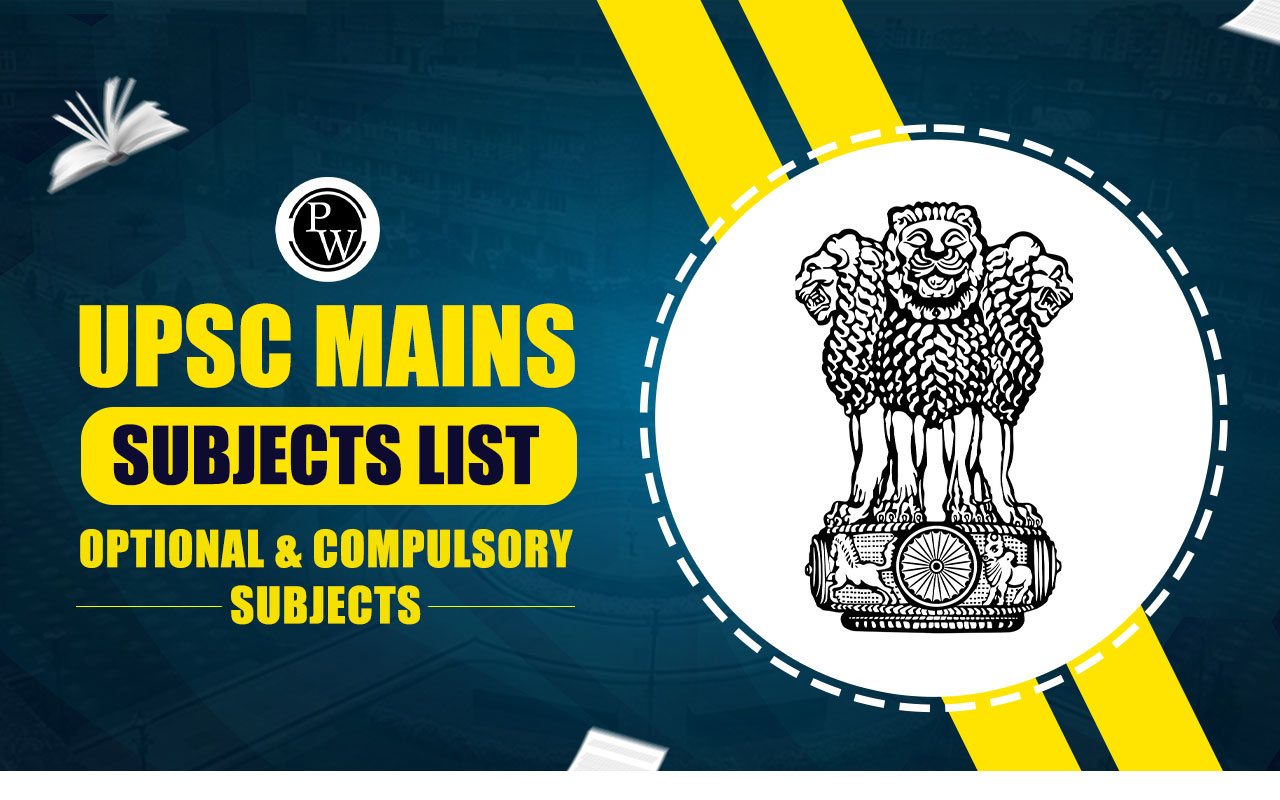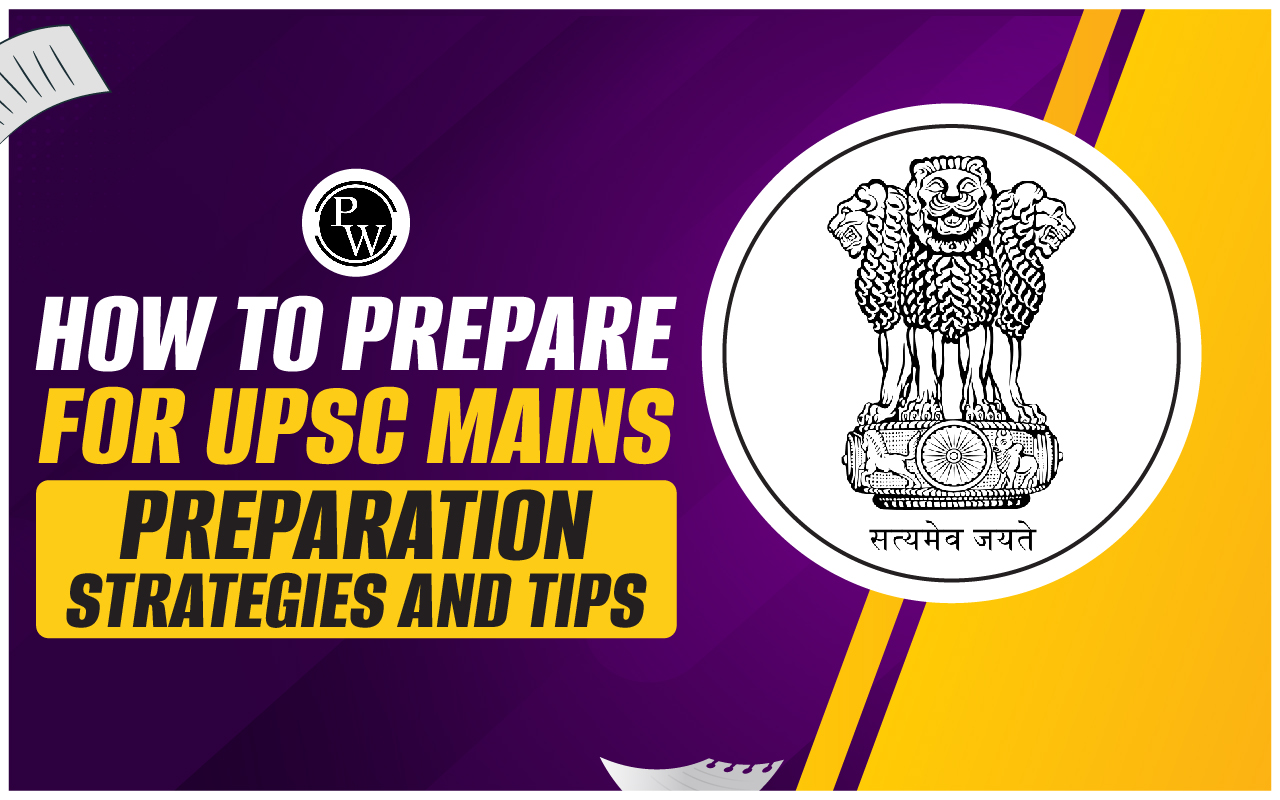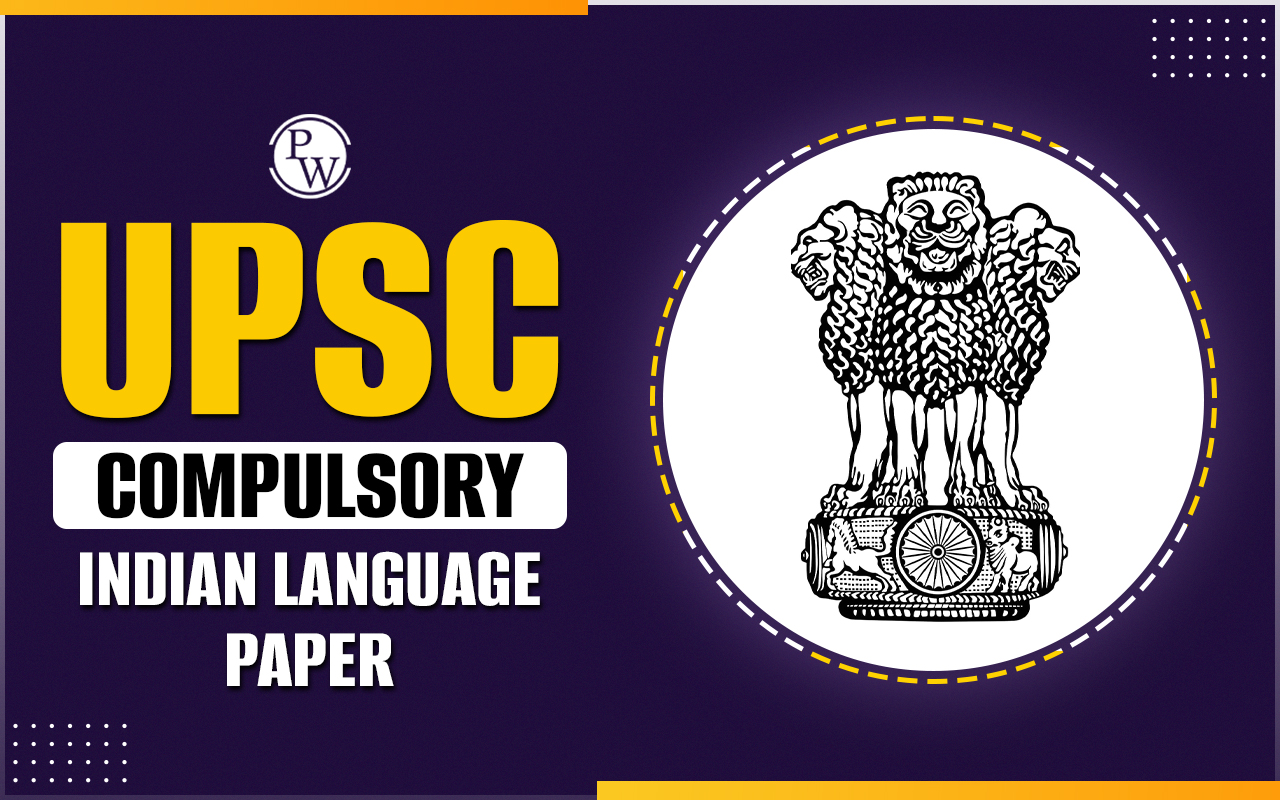
Electoral Bond: The concept of ‘Electoral Bonds’ was introduced back in the Finance Bill of 2017 as a revolutionary method of funding for political parties in India. These were interest-free-bearing instruments that could be purchased by interested donors from the State Bank of India (SBI) in fixed denominations and transferred to their favorite political parties.
The popular ‘Electoral Bond Scheme’ has made headlines several times due to the concept of anonymity claimed to be misused. As the SBI discloses data on the now-scraped electoral bond , candidates preparing for UPSC 2024 must understand this unique election funding system, which has been struck down by the Supreme Court.What is an Electoral Bond?
In simple terms, the ‘Electoral Bond’ is a kind of interest-free bearer instrument . The nature of an electoral bond is like a promissory note, i.e., you promise to pay a definite amount, in this case, to political parties. The bearer instruments do not carry the buyer’s name; therefore, ownership of the buyer is not recorded. According to the Association for Democratic Reforms (ADR), due to the nature of the interest-free bearer character of the Electoral Bond, the holder is presumed to be the owner. Basically, if person X purchases the electoral bond and transfers it to party Y, party Y will be the owner.Electoral Bond Scheme UPSC
The ‘Electoral Bond Scheme’ allowed individuals and domestic companies to purchase paper instruments (types of promissory notes) in specified denominations from SBI and donate them to political parties. The electoral bond could be purchased within a designated window of every quarter of the financial year and must be redeemed within 15 days. A buyer can get an electoral bond in multiples of Rs 1,000, Rs 10,000, and up to Rs 1 crore. While buyers of an electoral bond must comply with the KYC norms at the time of purchase, the political parties or SBI were not required to disclose the identity of the buyer even to the Election Commission of India (ECI).| Everything About Electoral Bond | |
| Particular | Description |
| History | Introduced in 2017 and Implemented in 2018 |
| Purpose | Anonymous donations to registered political parties. |
| Nature | Interest-free and Payable to the bearer on demand |
| Issuing Authority | State Bank of India (SBI) |
| Denominations | Rs 1,000, Rs 10,000, Rs 1 lakh, Rs 10 lakh, and Rs 1 crore. |
| Validity | 15 calendar days (from the issue date). |
| Duration to Buy | 10 days each quarter of the financial year (January, April, July, and October) Additional 30 days in general election years. |
| Buyer's Eligibility | Indian citizens, entities established in India (Either jointly or individually). |
| Electoral Bond Eligibility | Political parties registered under Section 29A of the RoPA 1951 and secured not less than 1% of the votes polled in the last general election. |
| Purchase Method | Digitally or Cheques. |
| Encashment | Only through the political party’s authorized bank account. |
Debate Around Electoral Bond Scheme
The purpose behind launching the ‘Electoral Bond’ was to ensure accountability and transparency since receiving political parties had to disclose their bank accounts with the ECI. At the same time, the identity of the buyer was kept confidential to remove any bias or influence on donors for political funding. Some debates around the Electoral Bond scheme are as follows:- While the ultimate objective was transparency in funding for political parties the anonymity of buyers was flagged by critics.
- It violated the Right to Information under Article 19(1) and conflicted with the RoPA 1951 (Representation of Peoples Act).
- Allowed unlimited political funding, as evident in official data released by ECI, reveals some of the country's biggest companies as top funders over the last 5 years.
- It enabled backdoor lobbying and opened doors for shell companies to channel black money into political donations.
Latest News on Electoral Bonds for UPSC 2024
The ECI has released two sets of data on electoral bonds, revealing crucial information about buyers and the amount encashed so far by political parties. This came following the Supreme Court’s landmark verdict on scrapping the electoral bond scheme and directing SBI to disclose details to the ECI. The political parties can still collect the funds within limitations on amount and anonymity. This heated topic has highlighted the importance of ‘Electoral Reforms in India' as a major topic in the UPSC mains exam. Learn crucial insight on the ‘Electoral Bond Scheme’ for the upcoming UPSC 2024 exam from experts. Join Physics Wallah online coaching for holistic preparation!Electoral Bond FAQs
What was the purpose of the electoral bond?
The purpose of launching the electoral bond was to bring reform to the Indian political funding system.
Who can buy electoral bonds?
Indian citizens or entities established in India can buy electoral bonds.
Who can issue electoral bonds?
Only the State Bank of India (SBI) was allowed to issue electoral bonds from authorized branches.
Is electoral bond legal in India?
With the recent decision of the Supreme Court to strike down the electoral bonds scheme, the electoral bonds are no longer legal in India.
Talk to a counsellorHave doubts? Our support team will be happy to assist you!

Check out these Related Articles
Free Learning Resources
PW Books
Notes (Class 10-12)
PW Study Materials
Notes (Class 6-9)
Ncert Solutions
Govt Exams
Class 6th to 12th Online Courses
Govt Job Exams Courses
UPSC Coaching
Defence Exam Coaching
Gate Exam Coaching
Other Exams
Know about Physics Wallah
Physics Wallah is an Indian edtech platform that provides accessible & comprehensive learning experiences to students from Class 6th to postgraduate level. We also provide extensive NCERT solutions, sample paper, NEET, JEE Mains, BITSAT previous year papers & more such resources to students. Physics Wallah also caters to over 3.5 million registered students and over 78 lakh+ Youtube subscribers with 4.8 rating on its app.
We Stand Out because
We provide students with intensive courses with India’s qualified & experienced faculties & mentors. PW strives to make the learning experience comprehensive and accessible for students of all sections of society. We believe in empowering every single student who couldn't dream of a good career in engineering and medical field earlier.
Our Key Focus Areas
Physics Wallah's main focus is to make the learning experience as economical as possible for all students. With our affordable courses like Lakshya, Udaan and Arjuna and many others, we have been able to provide a platform for lakhs of aspirants. From providing Chemistry, Maths, Physics formula to giving e-books of eminent authors like RD Sharma, RS Aggarwal and Lakhmir Singh, PW focuses on every single student's need for preparation.
What Makes Us Different
Physics Wallah strives to develop a comprehensive pedagogical structure for students, where they get a state-of-the-art learning experience with study material and resources. Apart from catering students preparing for JEE Mains and NEET, PW also provides study material for each state board like Uttar Pradesh, Bihar, and others
Copyright © 2026 Physicswallah Limited All rights reserved.









